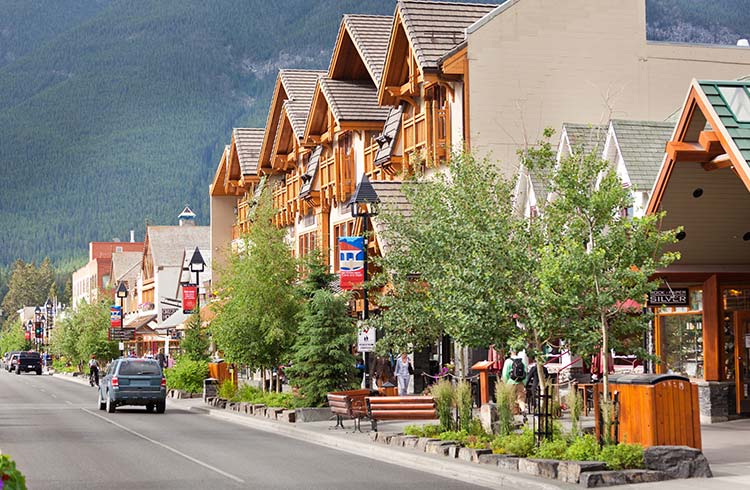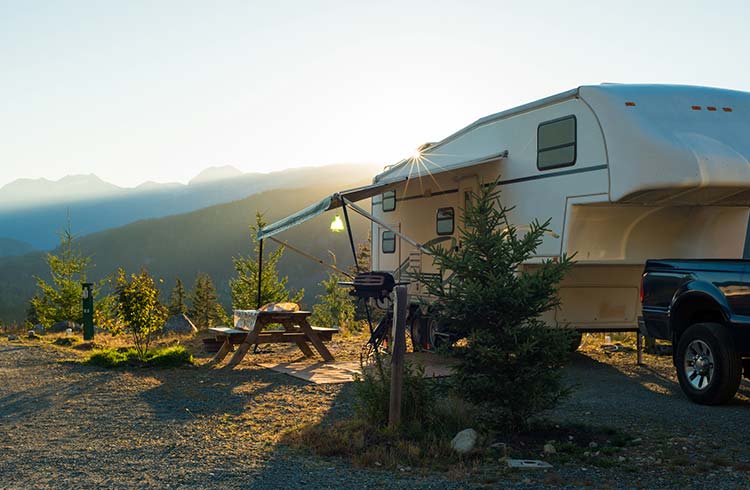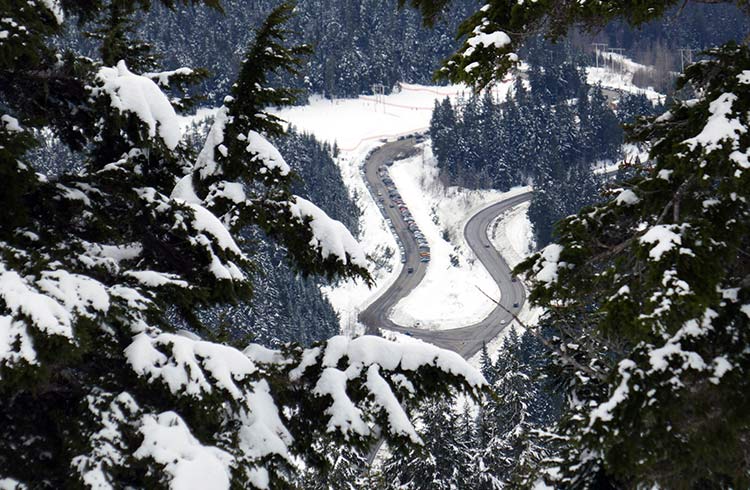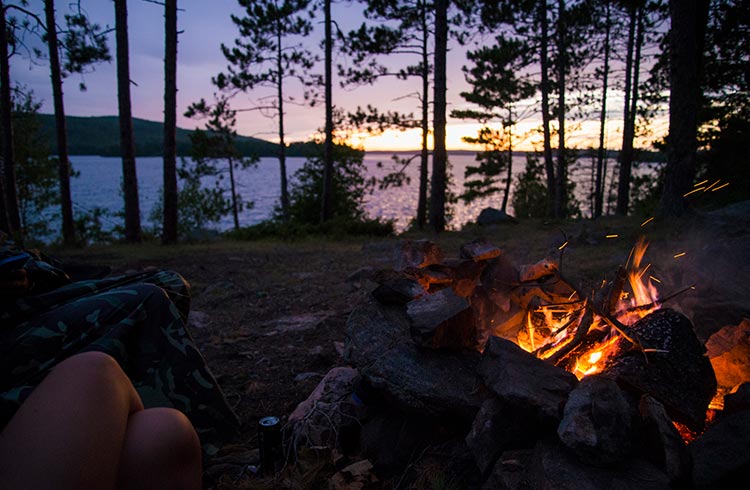A Nomads' Guide to Accommodation & Transport in Canada
Travel around Canada can be time-consuming and expensive. Whether you opt for a rental-car and hired tent or cheap hostels and Airbnb, here’s what to expect.
 Photo © iStock/YinYang
Photo © iStock/YinYang
Canada is the second largest country on earth. With a population of only 35 million, it has one of the lowest densities – at 3.4 people per square kilometer.
The population is strung out across the bottom of the country near the border of the USA like a pearl necklace. Spaced out along this strip are the main cities, from east to west: Halifax, Montreal, Toronto, Vancouver. In between are vast tracts of agricultural or wilderness landscapes – which is why travel in Canada can be time-consuming and expensive.
- Transport and Ways to Get Around Canada
- Choosing Accommodation in Canada
- Eco-friendly Transport and Accommodation
Transport and Ways to Get Around Canada
Obviously, flying is the fastest way to get from province to province in Canada. It’s still a heckuva long way from Halifax to Vancouver, 2,734mi (4,400km), and a long flight. Fares generally start at about $500 CDN (US $409).
The most relaxing and scenic option is to take the train across Canada. Via Rail offers train service from coast to coast. If you want to splurge, The Canadian (from Vancouver to Toronto) and The Ocean (from Montreal to Halifax) are the most luxurious options.
Buses are also widely available, and public transportation in the major cities – especially Toronto – is very good. Taxis are expensive, and can often be avoided.
The UP Express train from Toronto’s Pearson airport into the downtown core is a great option (about $9 CDN or US $7.38), and Vancouver offers the Skytrain into downtown (about $9 CDN or US $7.38).
Choosing Accommodation in Canada
Like transport, accommodation in Canada can be expensive. The most affordable options are hostels and, in the summer, camping. HI Hostels has 58 hostels across the country, and a quick check on Hostelworld.com shows 103 hostels in 47 cities in Canada. The average price is about $40 CDN/night (US $32.80).
Bed and breakfasts are a popular choice in Canada, and can give you a more culturally authentic experience. To find reputable places, BBCanada is a directory of bed and breakfasts in Canada, as well as regional associations. Or you can try BedandBreakfast. They generally start at about $100 CDN/night (US $82), though can be less in small towns.
Airbnb is as popular in Canada as everywhere else, so be sure to shop around online before you book.

Eco-friendly Transport and Accommodation
Canada’s seasons are extreme. Temperatures can range from -22ºF (-30ºC) in winter (December–March) to 95ºF (35ºC) in summer (June–September).
If you want an eco-friendly holiday, you probably want to visit Canada in summer when there’re far more options. The early fall season brings spectacular fall colors, which is during late September.
With hundreds of provincial and national parks across the country, you can easily camp your way across the country. Camping is relatively inexpensive at about $30 CDN/night (US $24.60) and of course a low-impact activity. You could rent a car, an RV/campervan, or even cycle – though the distances are vast. Within cities, there are bike-sharing systems.
Renting a car or RV/campervan will be expensive, at about $1,000 CDN/week (US $819) including gas and insurance (note: it’s a good idea to carry an international driver’s license). But it’s a great way to get from campground to campground. Taking the bus is probably the best eco-friendly transportation option to get across Canada.
You could also join an eco-friendly tour – there are lots to choose from including wildlife tours, Aboriginal tours, hiking, cycling, and much, much more.
Related articles
Simple and flexible travel insurance
You can buy at home or while traveling, and claim online from anywhere in the world. With 150+ adventure activities covered and 24/7 emergency assistance.
Get a quote


No Comments